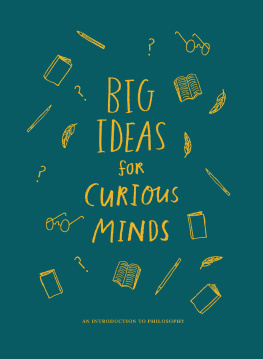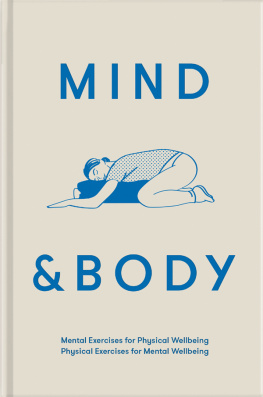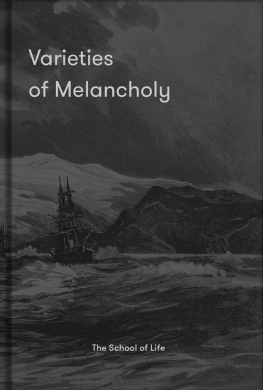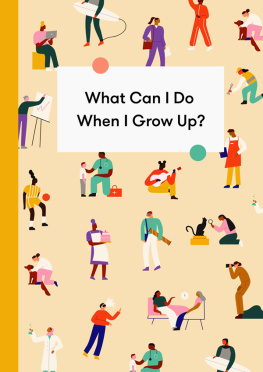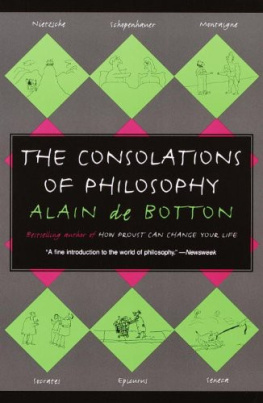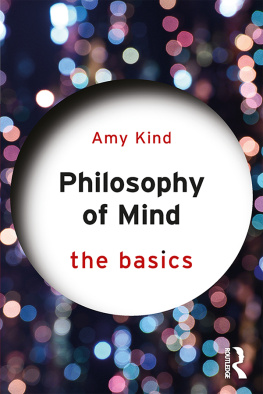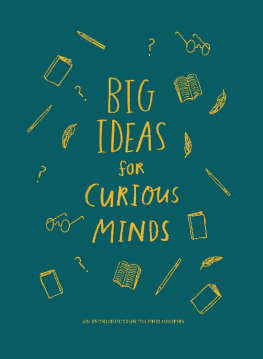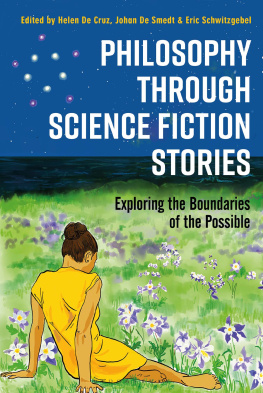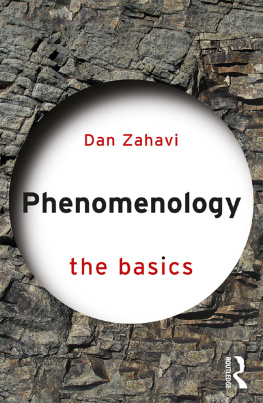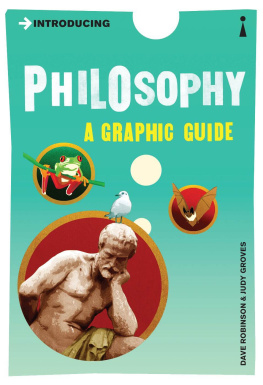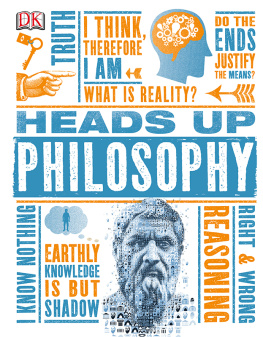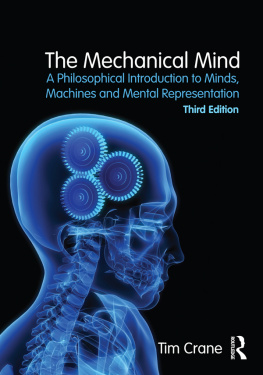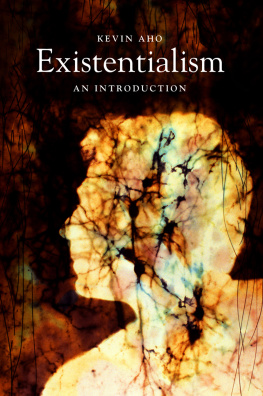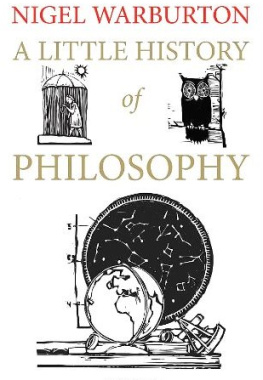Contents
Guide
Published in 2018 by The School of Life
70 Marchmont Street, London WC1N 1AB
Copyright The School of Life 2020
Illustrations Anna Doherty
Designed and typeset by Studio Katie Kerr
Printed in Italy by L.E.G.O. S.p.A
All rights reserved. This book is sold subject to the condition that it shall not be resold, lent, hired out or otherwise circulated without express prior consent of the publisher.
Every effort has been made to contact the copyright holders of the material reproduced in this book. If any have been inadvertently overlooked, the publisher will be pleased to
make restitution at the earliest opportunity.
The School of Life offers programmes, publications and services to assist modern individuals in their quest to live more engaged and meaningful lives. We've also developed a collection of content-rich, design-led retail products to promote useful insights and ideas from culture.
www.theschooloflife.com
ISBN 978-1-912891-76-4
10 9 8 7 6 5 4 3 2 1
Inside This Book
Know Yourself
with Socrates
Learn to Say Whats on Your Mind
with Ludwig Wittgenstein
Its Hard to Know What We Really Want
with Simone de Beauvoir
When Someone Is Angry, Maybe Its Not You Who Is Responsible
with Ibn Sina
People Are Unhappy, Not Mean
with Zera Yacob
Dont Expect Too Much
with Seneca
Maybe You Are Just Tired
with Matsuo Basho
What Is Normal Isnt Normal
with Albert Camus
No One Knows
with Ren Descartes
Politeness Matters
with Confucius
Why We Procrastinate
with Hypatia of Alexandria
Why Its Hard to Know What You Want to Do with Your Life
with Jean-Jacques Rousseau
Good Things Are (Unexpectedly) Hard
with Friedrich Nietzsche
Weakness of Strength Theory
with Ralph Waldo Emerson
Kintsugi
with Buddha
The Need to Teach Rather than Nag
with Immanuel Kant
The Mind-Body Problem
with Jean-Paul Sartre
Why You Feel Lonely
with Michel de Montaigne
The Meaning of Life
with Aristotle
Why We Hate Cheap Things
with Mary Wollstonecraft
The News Doesnt Always Tell The Whole Story
with Jacques Derrida
Art Is Advertising for What We Really Need
with Georg Wilhelm Friedrich Hegel
Why Do Some People Get Paid More than Others?
with Adam Smith
Whats Fair?
with John Rawls
Shyness: How to Overcome It
with Maimonides
Why Grown-up Life Is Hard
with... Philosophy

INTRODUCTION
What is Philosophy?
Philosophy is quite a mysterious subject that most people dont know anything about. The average school doesnt teach it, the average adult does not understand it, and the whole subject can seem odd and kind of unnecessary. Thats a real pity, because, in fact, philosophy has a lot to teach everyone, whatever their age. It might even be the most important subject you will ever study. This book wants to open the door for youto show you what philosophy is all about, and how it can help you to understand life.
The word philosophy itself gives us a bit of a clue as to why the subject matters. Its originally a word from Ancient Greek: the first part, philo, means love (philately means the love of stamps). The second part, which comes from the word sophia, means wisdom. So, when you put the two parts togetherphilo-sophyit literally means the love of wisdom.
Philosophy helps us to live wise lives. But what does wisdom mean? Its not very obvious, at first. Is being wise just about being clever? No, its much more than that. Its about being sensible, kind, calm and accepting of how life can sometimes be (which isnt always perfect, and sometimes really quite hard).
To get a better idea of what wisdom might involve, we can think about its opposite: not being wise. Imagine that your mum loses her keys. There are unwise ways she might deal with this. Maybe she starts shouting at other people: Who moved my car keys? (even though probably no one did move them). Or maybe she gets into a panic and throws herself onto the sofa, moaning that shes a complete idiot and that her entire life is ruined. Poor mum!
What would a wiser mum do? Instead of ranting and raving, or starting to panic straight away, she would think: Well, car keys do tend to get lost from time to time. I must have put them somewhere maybe theyre in the coat I was wearing yesterday. She could ask (calmly) if you had seen them, and she might even laugh about how silly she was to forget where shed put them.
There are lots of situations where you can see the difference between unwise and wise ways of dealing with stuff that happens. There are lots of problems, both big and small, in everyones lifeincluding yours, too, of course. We can never get rid of them entirely (though we try hard), but we can all get better at how we deal with our problems.
We can try not to get angry so often, try to shout less, and try not to panic or hurt the people we love. Philosophy tries to help us act more wisely when facing the problems in our lives that we cant do much about.
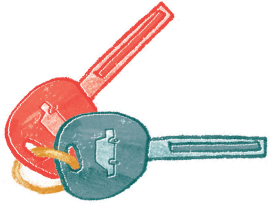
Wise and Unwise Responses
You lose a game of connect four to your brother
UNWISE RESPONSES Accuse your brother of cheating (though you know they didnt really) Tell everyone how much you hate the game you were playing Feel that its incredibly important that you lost, and that you wont get over it for ages | WISE RESPONSES Remember its only a game, and that whether you have good luck says nothing about what youre like as a person Remind yourself that youre bound to win some other time and that there are other, more important, things in your life |
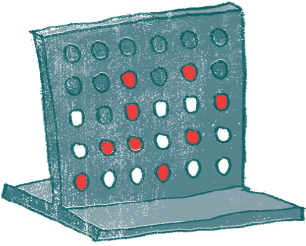
A friend isnt very nice to you
UNWISE RESPONSES Be horrible back to them Feel that maybe you deserve to be treated badly | WISE RESPONSES Wonder what might be upsetting them Tell them calmly that they hurt your feelings, and ask whats wrong |
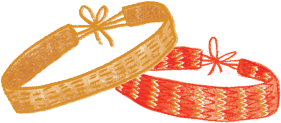
A car journey is very long
UNWISE RESPONSES Keep on asking when youll get there Tell everyone that you are very, very bored Complain that the journey is too long every couple of minutes | WISE RESPONSES Admit to yourself that its going to take ages no matter what you do |

